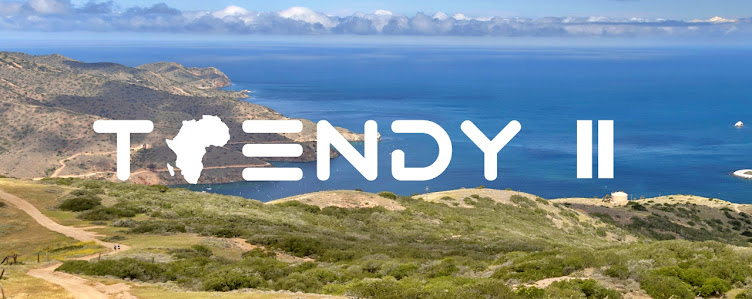Joseph, 26, had one and a half years left to spend
in school when Boko Haram struck on April 4, 2014, and the school has remained
shut since then. He said, “I was in the school hostel on that day when around
4am, we heard gunshots and bombings on the campus. Five students were killed in
the attack; two of them, Musa and Zainab were my course mates.
“At least, half of the school structures were destroyed
by Boko Haram. So, the Provost of the college shut down the school and asked
everyone to leave because of the insecurity.” However, Joseph didn’t have to be
told to leave as news of the Provost’s directive met him on his way to Gubla,
his hometown.
“First, we trekked from Bama to Gwoza Local
Government Area, which is about 30 km because there were no vehicles on the
roads. It was at Gwoza that I was able to get a vehicle to take me to Gubla for
N1,000, four times the normal fare,” he recalled. Three months later, while
waiting for his school to resume normal activities, tragedy struck at Chakama,
an adjoining village to Gubla. Forty-five persons were killed in the attack on
a Catholic church in the community, including more than 10 of Joseph’s relations.
He said, “They came to Chakama and killed 45 people;
I had 17 relations that were killed in the attack. I saw all the bodies and I
was one of those who buried the bodies. They beheaded the men and put their
heads on their chests. They wanted to spare the women but I understand the
women that were killed were trying to defend their husbands.
“They blocked the church entrance and asked the
worshippers to come out one after the other. Some of the worshippers managed to
escape through the windows, including two of my relatives.” Shortly after the
attack on the church, Joseph said the terrorists attacked Gubla too, killing
four persons. It was the incident that forced Joseph to completely flee the
region.
He continued: “Two weeks later, they attacked Gubla
with about 15 cars and many more motorcycles. They killed four fish sellers;
Yisa Dinga, Simparara, Yohanna Madaki and Ambudama. They called them pagans;
they don’t like non-Muslims. They would ask questions and know if one is a
Muslim or not.
“They had a shoot-out with soldiers and many of us
ran to the bush. We heard that a sergeant named Alli was killed along with a
boy, who climbed a tree to escape the attack. One of them saw him and shot him.
“After that incident, we stopped sleeping in the village for about two months.
We hid in the bush between 4pm and 6am and returned to the village in the
morning. Usually, they (Boko Haram) attacked around 4am or between 7pm and 9pm.
It was then that we started moving to states outside the region. Some went to Delta,
some to Imo and I came to Lagos.”
As a student, Joseph had been in the business of
selling motorcycles in his community and had therefore been to Lagos a few
times to buy motorcycles for his customers in his community. “Some of us
escaped to Mildu in the bush, then we trekked to Michika and from there, I
hitchhiked to Yola,” he said.
In the aftermath of the attack, Joseph realised he
had been separated from his family members – his mother, four brothers and two
sisters. He said, “Later, I found one of my younger brothers, Ijakirayu, in
Yola. So I took the risk to return to Mildu to look for my mother and others.
But I was only able to find two brothers and one sister. Till now, I don’t know
where three of my family members are.”
Joseph, who hopes to return to school someday when
the crisis is over, says he eagerly follows news reports to track the
whereabouts of his missing family members: mother, Cecilia, 42; sister, Jumai, 18;
and brother, Danjuma, five. One of Joseph’s two relatives who survived the Boko
Haram attack on Chakawa church was Jacob Bulus, 23.
Bulus was attending a Sunday service with about 150
other members when the church was attacked by the insurgents. He said, “When I
heard gunshots, I lay down on the ground. After a while, I found an opening in
the church building and I took off. Some of them followed me and I heard
gunshots around me. I ran into the bush until I got to a sugarcane farm. The
Boko Haram members that came were in camouflage but wore head ties.”
Bulus’ elder brother, Luka; his wife, Ladi, and
their two children have since been missing. “I’ve been listening to the radio
for news of our areas – Gubla, Chakawa and Mildu – but I’ve not been getting
anything on them. But recently, I heard that soldiers have taken control of
Gulak,” he said.
curled from the Punch


No comments:
Post a Comment